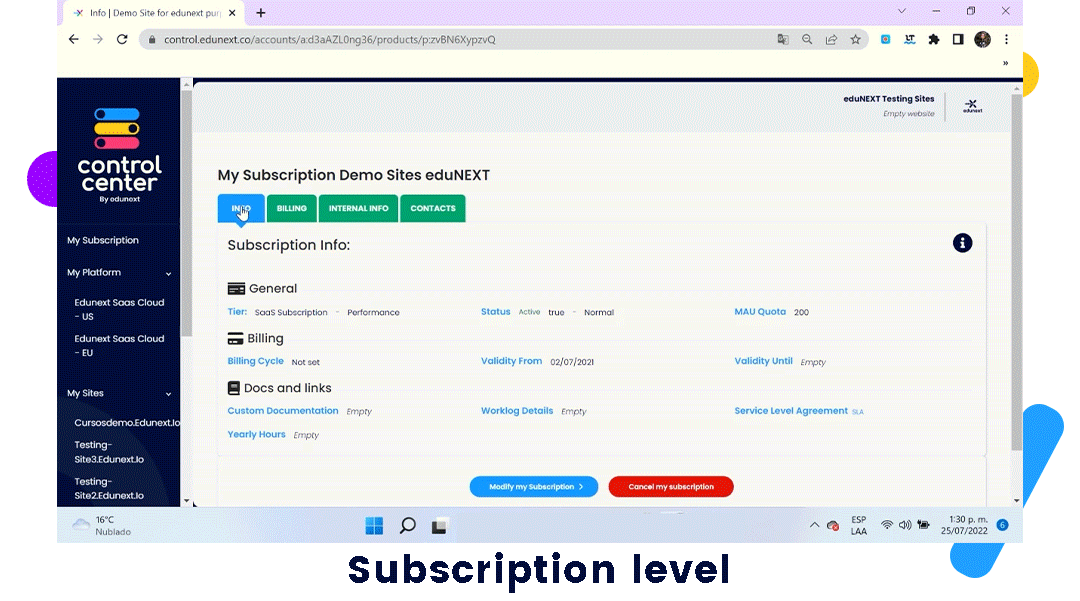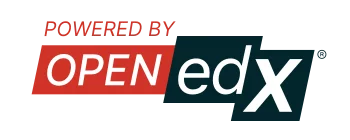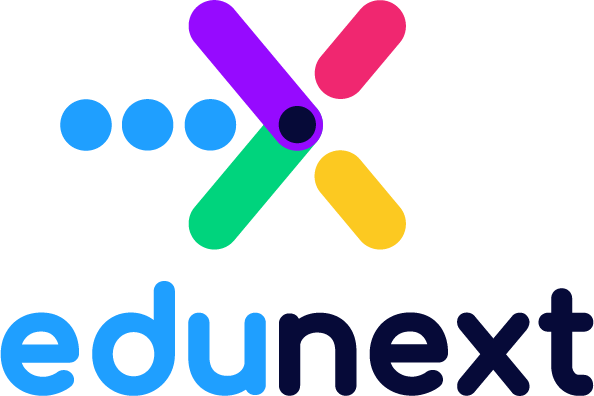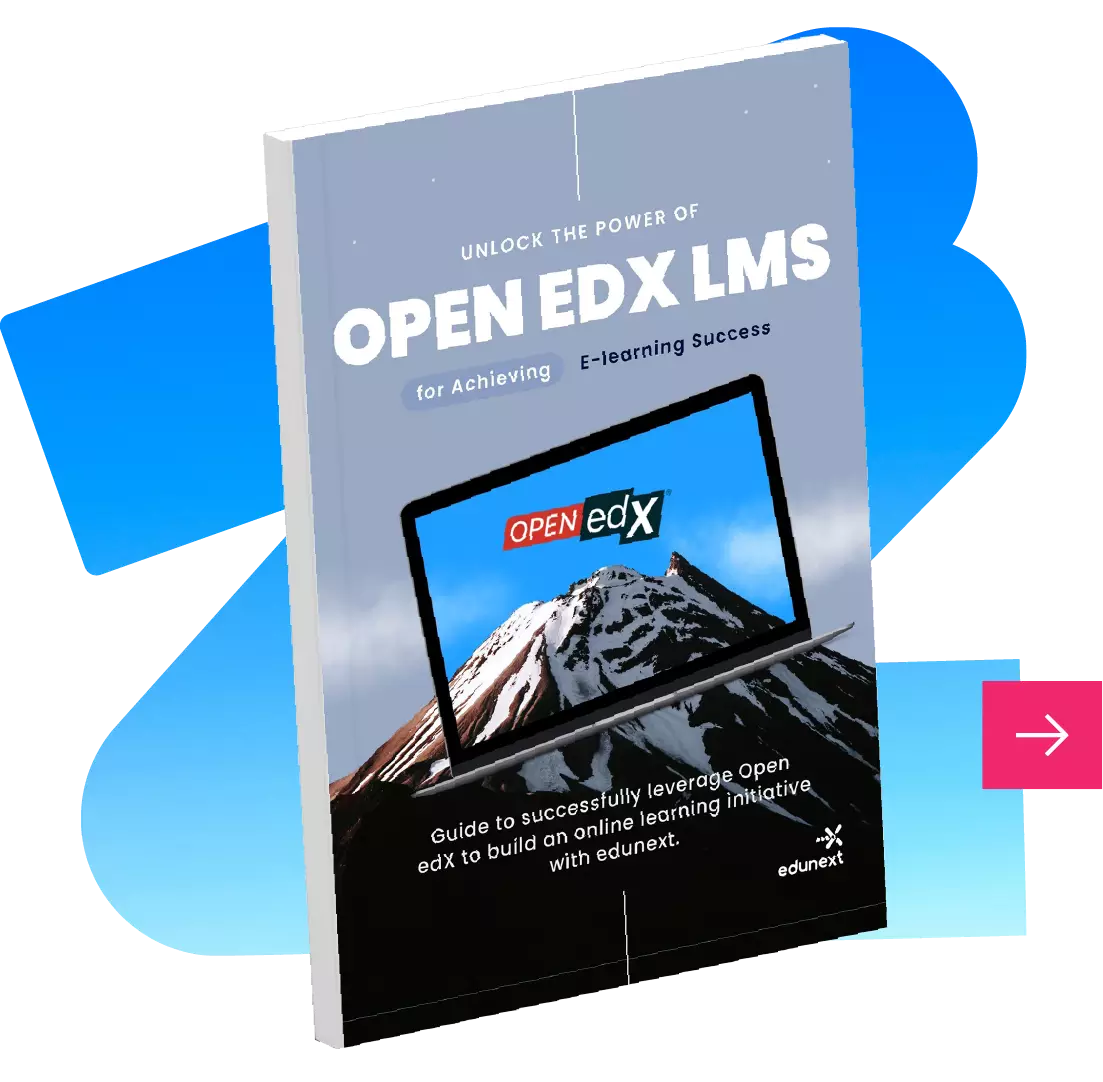Table of Contents
According to netimperative.com, the “demand for content increased by 71%” since the start of the COVID pandemic. With the global increase in demand for quality service and online content, customer support teams in the e-learning space are tasked with providing accurate and timely information, as well as, effective customer resolutions.
At edunext, we thrive by helping customers build and grow their successful online learning initiatives with the Open edX platform by providing the technology and support needed so that their clients can focus on their strategies. Like many organizations, our focus is on customer success. What can you do to support this effort within your organization? Boost customer success, and meet this challenge head-on, by implementing an effective knowledge transfer plan with your customer support team.
In this fast-paced environment, best practices in knowledge transfer can help you create an effective plan which allows your customer support team to gather and share knowledge proactively, create a strong foundation on which to build a roadmap for customer success, and capitalize on your organization’s collective intelligence as a business asset.
Customer success is crucial for organizations that aim to grow and thrive. It is not enough to simply provide a resolution for a customer. Today’s customers have high expectations and demands, as they want convenience, to engage with knowledgeable experts, speed, consistency, and a great mobile experience. As such, customer support teams need an operational and effective knowledge transfer plan to boost customer success experiences, and facilitate customer retention.
Let’s explore how knowledge transfer can boost customer success in organizations that implement the Open edX online learning initiatives.
What is Customer Success?
First, let’s define what we mean by customer success in an Open edX initiative. Customer success is an organizational approach to ensuring that its customers reach their desired outcomes and objectives when using the open source platform, Open edX, and create an online learning environment for their customers that works great. How can an organization provide the right information to the right customer at the right time, and offer the best options to support customer success? One way to promote customer success is to empower your customer support team with the tools, resources, and ownership to enhance the customer experience.
According to HubSpot, “customer success is anticipating customer challenges or questions and proactively providing solutions and answers. Customer success helps you boost customer happiness and retention, thus increasing your revenue and customer loyalty.”
To achieve customer success, you must know your customer and create a knowledge transfer plan that supports your customer’s journey. Your dedicated customer support team has direct access and engagement with your customers, and often work with other teams, such as Marketing, Sales, and Development, to onboard new clients.
When working with open source software, your team may extend into a greater community of collaborators, all working towards improving the customer experience in using the open source software. This is the case with an Open edX platform. The Open edX platform is collaboratively developed by a growing team of developers, architects and devOps professionals, referred to as the Open edX Community. This community is transparent, shares knowledge, and documents their actions so that others can benefit from lessons learned, share new developments, and troubleshoot issues and collaborate to find solutions for users of the Open edX platform. As such, there are several working groups within the community dedicated to improving the customer experience by enhancing the capabilities and functionalities of the platform itself. And through the efforts of many collaborators, such as eduNEXT, we actively participate as core contributors to improve the product and services offered to customers.
Each time the community advances their initiatives, they gather and transfer knowledge, which ultimately takes us one step forward in boosting customer success. Yet, what is effective knowledge transfer?

What is Effective Knowledge Transfer?
Effective knowledge transfer is a systematic and purposeful strategy for gathering and sharing knowledge across individuals and departments within an organization, or a greater community such as Open edX. Knowledge transfer activities promote collaboration, support strategic alignments of organizational goals and objectives, encourages innovation and boosts efficiency. Customers want to engage with customer support teams that are well informed, and experts of their products and services, and as a result, are happier and more inclined to retain your services.
Today, customer support teams are becoming more agile and assuming a proactive role in knowledge gathering, sharing, and transfer activities in order to boost customer success and encourage customer retention.
An effective knowledge transfer plan is a process that, at its core, revolves around four main activities.
Identify from whom in your organization you need to meet with to gather knowledge, and identify what information you need.
Provide an environment in which sharing that information is encouraged and easy to capture. Do not make the process complicated.
Actively engage in knowledge transfer activities that promote and reward sharing.
Measure and evaluate the effectiveness of and use of that set of information collected from the knowledge transfer activities.
Knowledge transfer is more about people working together and sharing information today to help one’s customers succeed, while at the same time, strategically supporting organizational goals and objectives.
A customer support team is a direct contact resource for customers, so you want your customer support team to be at the top of their game. Therefore, when customer support teams take ownership of their learning and create knowledge transfer opportunities, the team’s capabilities increase, and customer’s benefit. It is an organization’s ability to capture information, manage a knowledge repository, and use data to inform and drive business initiatives that will help catapult customer support teams moving forward.
One way to do so is to create a culture that models knowledge transfer best practices within a customer support team to boost customer success.
Organizations, like eduNEXT, are tasked with identifying potential customer concerns when using the Open edX online platform, and providing support and services to enhance the customer’s experience with this open source software. To accomplish this task, eduNEXT created a corporate wide knowledge management strategy and action plan that centered around best practices in knowledge, and piloted the knowledge transfer strategy in their Service Delivery team, which provides customer support services.
The initial activities during the pilot program have focused on gathering and collecting knowledge, organizing knowledge repositories, and using this collective knowledge as a business asset to upskill our team, improve internal processes, resulting in process improvements that have fueled customer success initiatives.
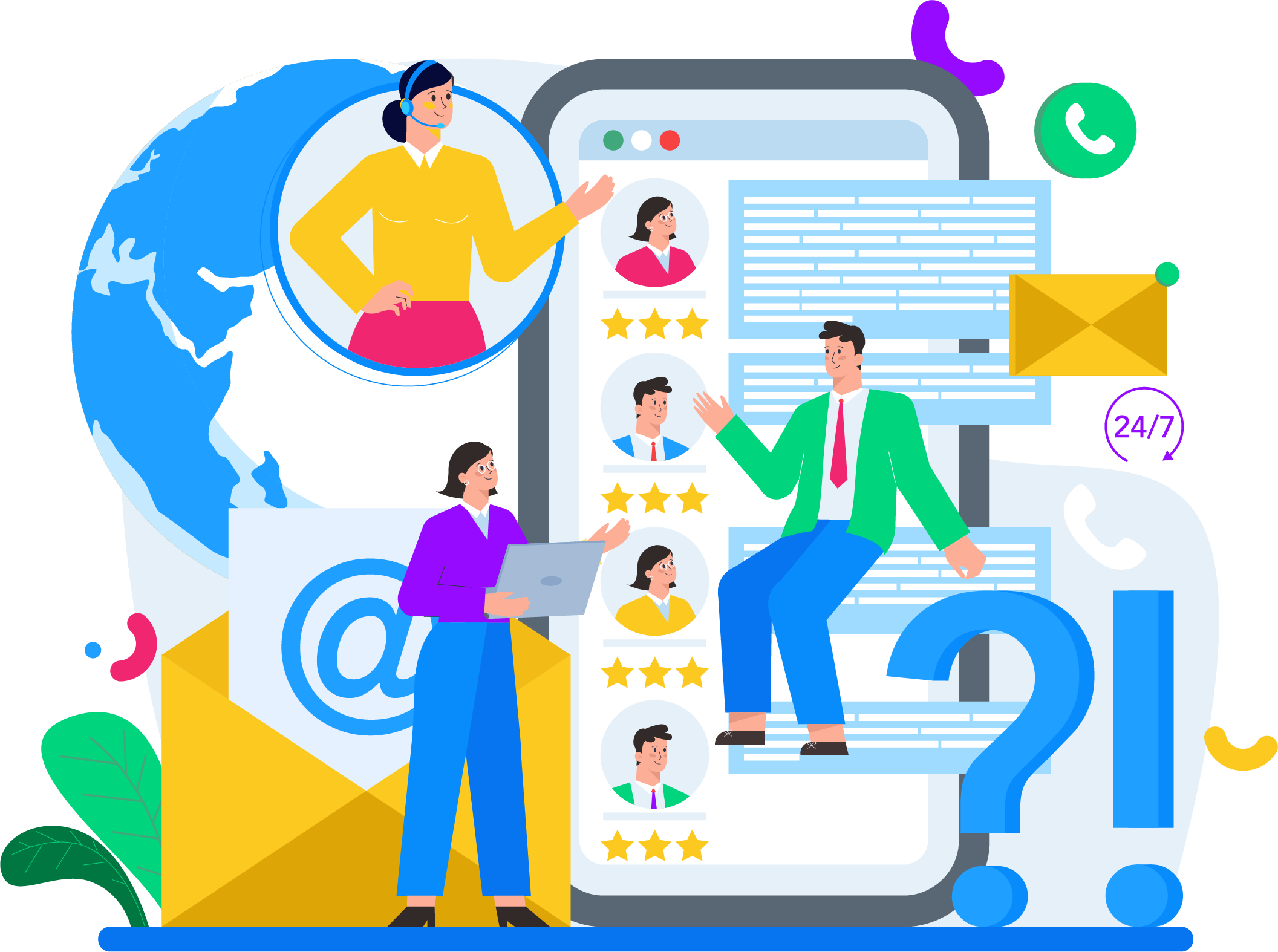
Five Actionable Knowledge Transfer Strategies
Create an effective plan which allows your customer support team to gather and share knowledge proactively. Help your team to understand how knowledge transfer works as a ‘living process’ and what you expect them to do. Here the term ‘living process’ is used to indicate that effective knowledge transfer activities are adaptable to circumstances and situations, yet keep true to the best practices and principles that govern the activity. Since knowledge transfer is a living process, it needs to be easy to duplicate and model.
There exist many key activities that promote effective knowledge transfer. Thus, it is important to understand your organization and your customer, and select activities that best align to meet your needs to boost customer success.
Here is a short list of five actionable strategies that could help you create an effective knowledge transfer plan for your team.
1. Identify what information you want and need to support your team and your customers, and who is the source of that knowledge. Conduct an assessment of existing knowledge resources, conduct interviews with subject matter experts and staff, survey or interview customers to assess needs, review customer support tickets, and explore ways to gather and use data to help you identify existing gaps in knowledge and resources.
2. Provide clear and consistent guidelines and best practices to guide your team on how to transfer knowledge. Establish well-written processes on how information can be gathered and documented. Define your goal, communicate the importance of knowledge transfer, explain how to do it, and model best practices yourself.
3. Decide where your information will be kept and maintained. For an Open edX platform initiative, many contributors document their activities on GitHub. Decide what technology will support your business needs, and consider what works best for your customers too. This may require that you have various resources and repositories to gather and store information. The important thing is to know what information will be stored where, and communicate that information to your team and your customers.
When using multiple repositories, be sure to include the following key action items:
1) Establish a process to review content topics at regular intervals in order to minimize duplicate content, and to create a strategy for developing new content needed.
2) Establish a quality control process to ensure content is reviewed at regular intervals in order to keep content up-to-date, and as accurate as possible.
4. Create resources that align with your knowledge transfer activities. Create simple templates and checklists to guide your team.
The goal is to keep content short and simple, and if the content is complex in nature, find creative ways to share the information so that it is understandable to others.
To illustrate, document customer resolutions in your customer support ticket system. Create queries that will allow you to review resolutions regularly, and use this information to create new process documentation, write informational content for customers, such as an FAQ page, or to create how-to tutorials, etc. There is a wealth of information that can be gathered from interacting with customers.
5. Use technology to support knowledge transfers activities moving forward. Optimize your use of technology to automate processes, and explore how these technologies can be used to continue to meet organization’s needs. Perhaps you will use GitHub, Google Docs, Read the Docs (RTD), and a dedicated web page. In this situation, you may choose to map out how your repositories are used, what information is stored in each, and explore integrations that enable you to automate how information is shared with your team and across repositories.
As organizational needs change, ask yourself if these systems and repositories would continue to be effective in support of your growing organization. Conduct an assessment of what data is available. Ask yourself questions about what data is needed? What other sources of data exist in the organization? What tools and resources are being used? How can you optimize your use of these tools, and what data reports can be extrapolated to provide insight into customer and business activities?
Technology offers many options for capturing and disseminating information. Intentional use of technology is an effective strategy. Therefore, anticipate the need and have a strategy in place that would help position you to transition, if necessary.
Organizations that apply these five core activities are better positioning their customer support team to improve the customer experience. When your customer support team is a hub for knowledge, you will use data to discover what information your clients need, follow trends, and keep a documentation inventory so that you can identify and fill content development gaps. By implementing these five actionable strategies, you will allow the customer support team to focus on maintaining alignment with the organization’s strategic goals and long-term success, and create an informed strategy of effective knowledge transfer that will support your efforts to boost customer success.

Expected Outcomes of an Effective Knowledge Transfer Plan
Create a strong foundation on which to build a roadmap for customer success through collaborative learning, understanding how your customer’s benefits, and by gaining insights as to why knowledge is a core business intelligence asset.
Collaborative Learning
Through effective knowledge transfer, you promote collaboration and drive the organization forward to create an experience that exceeds your customer’s expectations, and lays the foundation for organizational success. To illustrate, at eduNEXT, members of the customer support team serve as liaisons to learn and share knowledge with other teams that support customers and business functions. By doing so, we are sharing best practices about knowledge, having frequent discussions about customer wants and needs, and learning from each other.
Make intentional cross-training, shadowing or liaison activities a part of your strategic knowledge transfer plan to ensure that your team is ready to support the customer journey, and if needed, ready to step into a new role when the need arises. It is noteworthy to mention that some organizations have found it beneficial to reward knowledge sharing activities to encourage participation. Based on your organization’s culture, you may consider instituting a rewards and recognition incentives program for specific tasks related to knowledge sharing, such as content creation.
Customer success is attainable when best practices in knowledge transfer are implemented by your customer support team. Your customer support team will feel more confident to address customer concerns because measures have been taken to document processes, provide learning opportunities, and build capabilities around topics and services offered and expected by customers. Your customer support team will be empowered to grow and hone new skills, and proactively take ownership in supporting the customer journey and seeing knowledge transfer activities through to completion.
Your Customer’s Benefit
Your customers benefit from engaging with knowledgeable customer support team members, who are equipped and competent to provide the services and support needed to address customer concerns in a timely manner and with an acceptable resolution.
When they do engage with your customer support team, they engage with knowledgeable experts who strive to provide an effective, yet timely resolution that meets their needs. In those instances, in which a customer’s request goes beyond the scope of services provided, your team is prepared to provide information or alternatives, if appropriate, to customers with requests for services or products that are not currently supported. It is crucial to provide accurate information.
Customers are resourceful, and they want access to information quickly and consistently. By creating and publishing informational and instructional content for your customers, you empower them to take ownership of their initiative as you guide them through the process of setting up and activating their online initiatives. Equally important is the method used to access the information. Make it easy for your customers to find available resources about your services and products.
Capture Knowledge as a Business Asset
Most importantly, by having a focus on knowledge transfer as a core element of a corporate-wide knowledge management strategy, your customer support team will have a strong foundation on which to support the organization and grow professionally.
Implementing best practices in knowledge management will help your customer support team achieve improved outcomes. You will be able to measure and evaluate the effectiveness of and use of that set of information collected from the knowledge transfer activities. Make informed decisions that are data driven, and develop a system that allows you to measure and evaluate the effectiveness of the tools and resources created to support customer success initiatives.
– Improve customer communications by providing consistent messaging.
– Follow established protocols for purposeful customer engagement.
– Provide acceptable and effective customer resolutions in a timely manner, in compliance with approved service level agreements.
– Provide valuable and timely feedback on what is working and what is not, in order to improve processes that impact customer satisfaction.
– Keep current with customer trends, known platform issues, and new releases that may impact customer services, and discuss how to address these concerns.
– Improve internal process workflows.
– Improve documentation efforts to support staff and customers.
– Promote cross-training opportunities, and encourage collaborations across teams. Share what you know.
– Optimize technology to automate processes and work smarter, not harder.
– Provide customers with information and resources that educate and guide them as they build their new initiatives with the Open edX platform.
By delivering timely and effective customer resolutions, quality content and resources, your customer will view your organization as a true partner in their success and a value-added resource in which to engage.
Knowledge transfer is ongoing, it is a living process. The more information you gather, organize and repurpose to support your customer’s needs, the greater the results of customer satisfaction.
Take action and boost customer success using the Open edX platform by designing and implementing an effective knowledge transfer plan that will help your customer support team to exceed your customer’s expectations.
All these efforts, combined, help your organization to guide customers through the journey of using your products and services, and thus promoting customer success with their Open edX e-learning initiatives.
